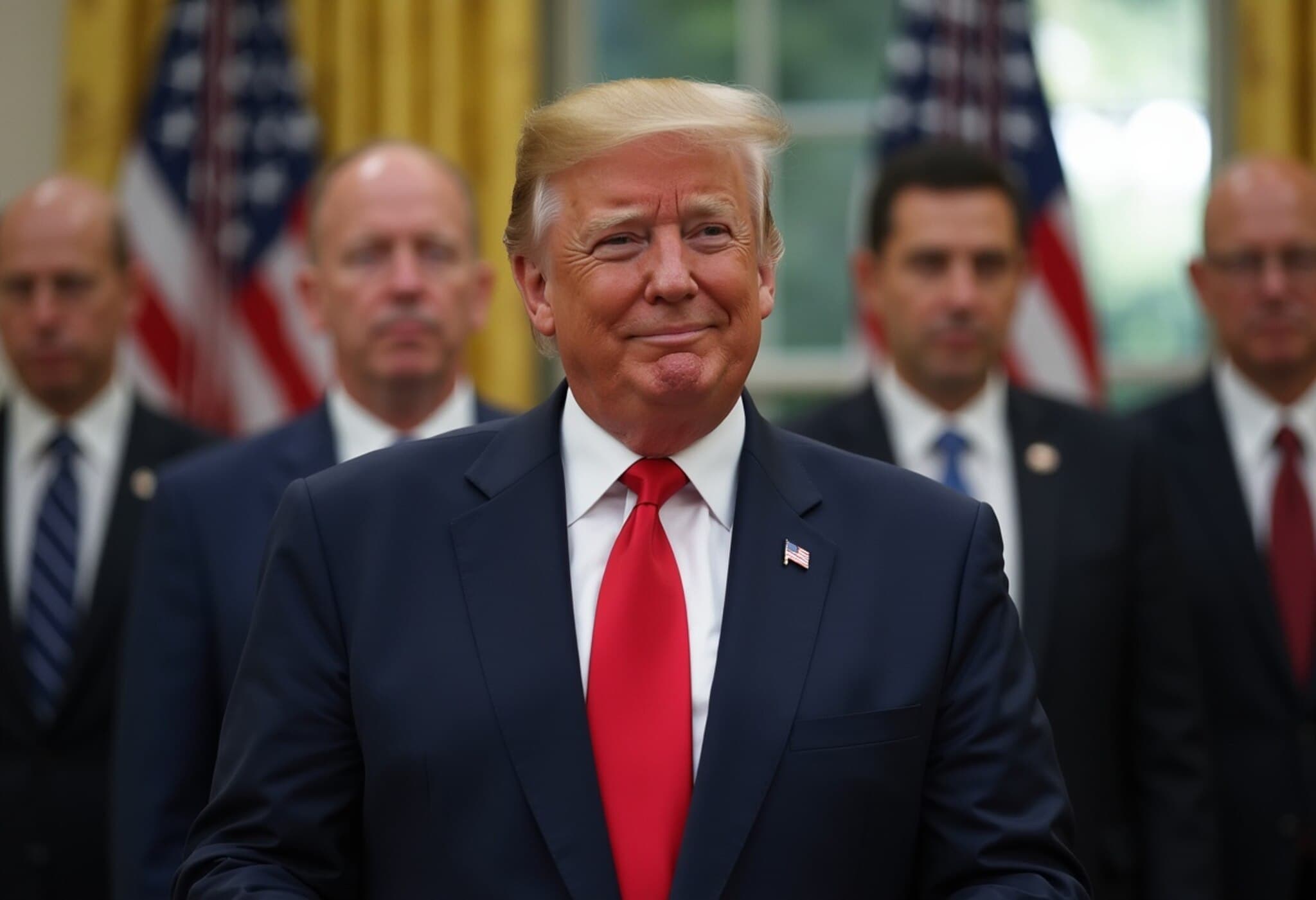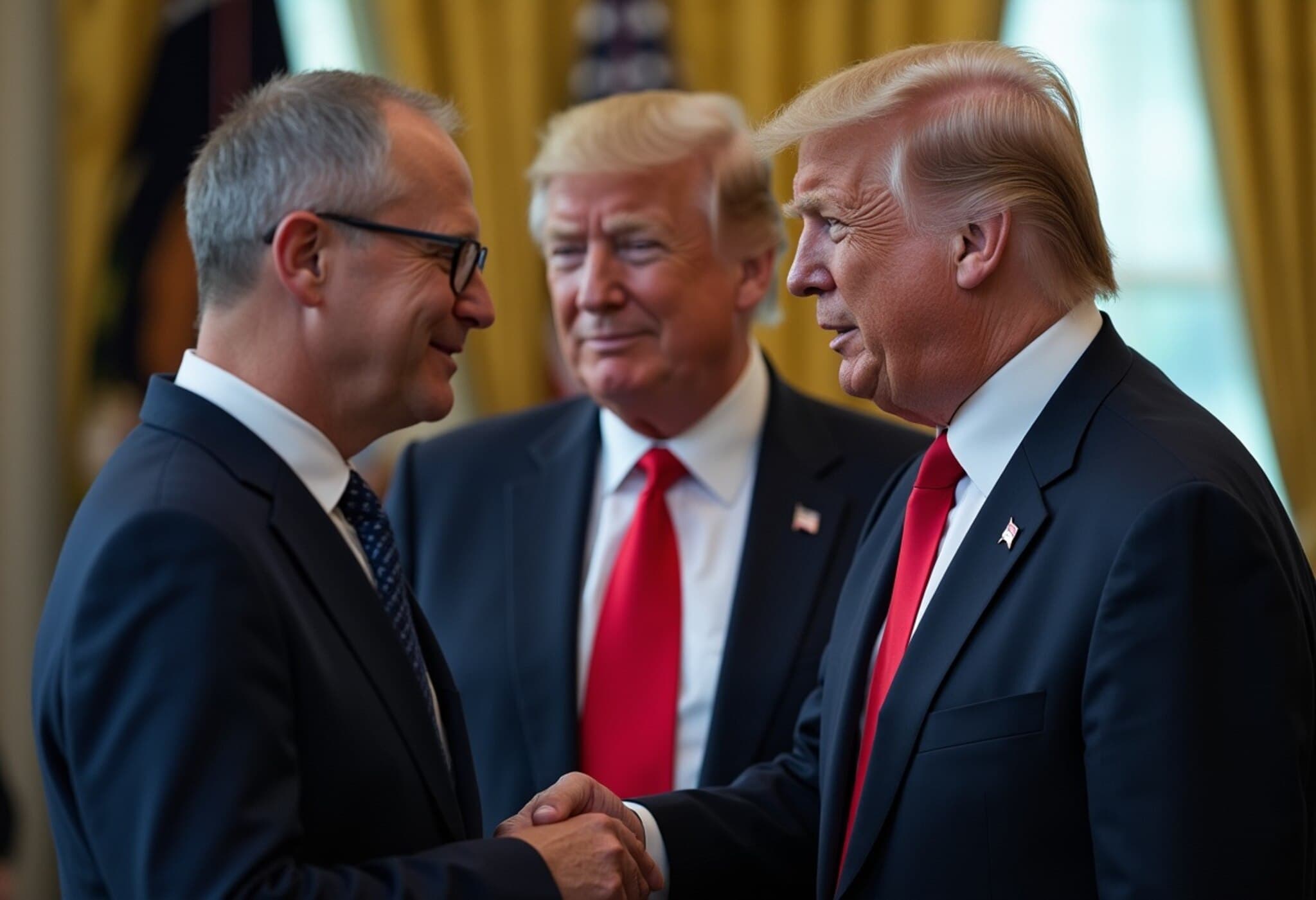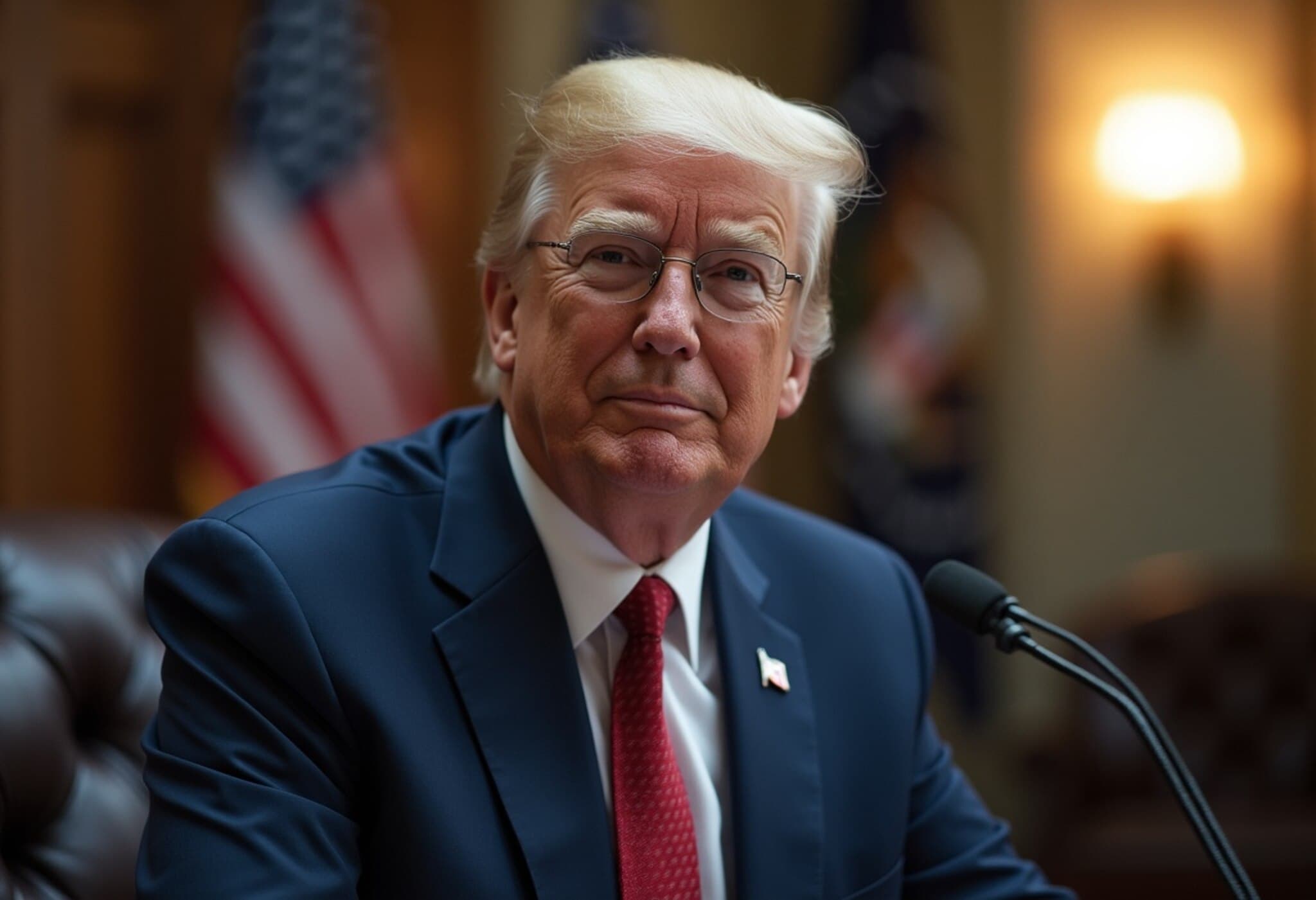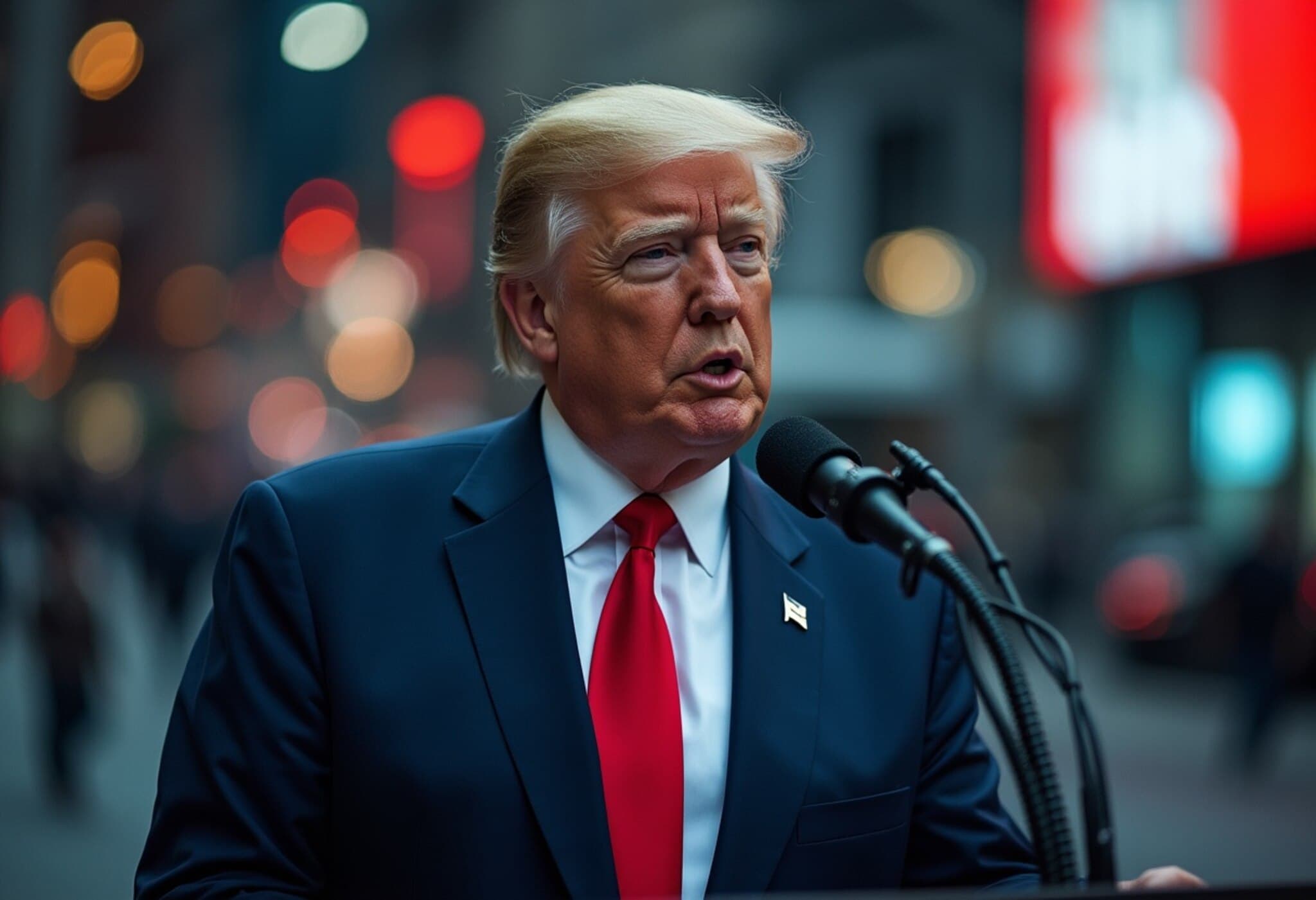Apple Amplifies Its U.S. Manufacturing Commitment with $100 Billion Investment
In a landmark announcement that signals a significant boost to American manufacturing, Apple unveiled plans to invest an additional $100 billion over the next four years in U.S.-based companies and suppliers. This new commitment comes on top of an already massive $500 billion pledge made earlier this year, bringing Apple’s total U.S. investment to an unprecedented $600 billion within a condensed timeframe.
Strategic Expansion: A $2.5 Billion Boost for iPhone Glass Production
A highlight of Apple's announcement is a strategic $2.5 billion partnership expansion with Corning Incorporated, the Kentucky-based manufacturer of the high-tech glass used in iPhones and Apple Watches. This investment ensures that all glass components for these flagship devices will be produced domestically, marking a significant stride toward Apple’s vision of an “end-to-end” U.S. supply chain.
Building on a Robust American Manufacturing Network
The announcement happened at the White House, with Apple CEO Tim Cook and then-President Donald Trump jointly highlighting the impact of the initiative. Trump praised Apple’s return to stronger U.S. manufacturing presence, emphasizing potential new factories and plants springing up across the country. “There are a lot of factories and a lot of plants that are either under construction or will be started soon,” he remarked, underscoring the administration’s policies aimed at reshoring manufacturing.
Strengthening Domestic Supply Chains and Technology Ecosystems
Apple’s investment is also designed to incentivize overseas partners to source more components from American suppliers, a move with significant economic and geopolitical implications.
- Apple’s American Manufacturing Program now includes collaborations with companies such as GlobalWafers, Coherent, Samsung, Texas Instruments, and GlobalFoundries.
- A multiyear agreement with Coherent aims to domestically produce lasers essential for iPhone facial recognition technology.
- Apple's U.S. supply chain is expected to produce over 19 billion chips this year, including components manufactured at TSMC’s Arizona facility and wafer production by GlobalWafers.
- Planned installations of new manufacturing tools at factories in Utah and Texas will further advance semiconductor production capabilities.
- Wireless charging components will be manufactured in a New York facility run by GlobalFoundries, a company noted for its government-grade chip manufacturing.
Challenges and Realities of Domestic Device Assembly
Though the investment represents a giant leap for U.S. manufacturing, Apple CEO Tim Cook acknowledged the complexity of shifting iPhone assembly to the United States. While key components like semiconductors, glass, and Face ID modules are increasingly produced domestically, fully manufacturing the iPhone on American soil remains a practical challenge due to intricate supply chains and cost structures.
Experts often cite the enormous logistical and financial hurdles involved in relocating production of such a sophisticated, high-volume product. Nonetheless, Apple’s current strategy focuses on strengthening the U.S. footprint of critical components, signaling a stepwise progression rather than an immediate overhaul.
From Past Commitments to Expanding Footprints
Apple’s current announcement marks an upswing in its history of U.S. investment commitments:
- 2018: Committed $350 billion over five years (~$70 billion annually)
- 2021: Pledged $430 billion over five years (~$86 billion annually)
- 2025: Now aiming for $600 billion over four years (~$125 billion annually)
While Apple does not publicly disclose exact annual spending, third-party suppliers and industry data suggest significant follow-through, particularly in expanding data centers in states like North Carolina, Oregon, Nevada, Arizona, Iowa, Michigan, and Texas.
Tariffs, Trade, and Policy Implications
The announcement also comes against the backdrop of evolving U.S. trade policies. Apple has faced tariffs on Chinese imports and anticipates increased semiconductor import taxes following government investigations, yet the company remains largely shielded due to its new domestic investments. The administration has indicated tariff exemptions and incentives for companies that bolster U.S. manufacturing, a policy tool Apple seems to be leveraging effectively.
Additionally, Apple’s manufacturing moves in India and strategic supply chain diversification position it to navigate tariff fluctuations on multiple fronts. While tariffs could cost Apple up to $1.1 billion in the current quarter, the company’s long-term investments in U.S. facilities aim to mitigate such risks.
Expert Perspective: What This Means for the American Economy
From a policy analyst’s viewpoint, Apple’s expanded domestic investment is a double-edged sword. On one hand, it signals increased job creation, technological innovation, and supply chain resilience for the U.S. economy. On the other, the full benefits depend on how much of the actual production and assembly moves stateside versus the continued outsourcing of labor-intensive operations overseas.
Moreover, Apple's large-scale investment pressures suppliers to scale up rapidly, which could catalyze growth in American manufacturing sectors such as semiconductor fabrication and advanced materials. For policymakers, the key question is whether such corporate commitments will become the norm across industries or remain exceptions driven by unique tech sector dynamics.
Looking Ahead: The Road to Manufacturing Self-Sufficiency
Apple’s aim to build an “end-to-end” American supply chain is ambitious and reflects broader national economic goals—reducing reliance on foreign manufacturing, fortifying supply chains against geopolitical risks, and fostering high-tech industrial growth.
Yet the journey is complex and gradual. It involves significant capital investment, workforce development, and coordination across a vast network of suppliers. As this story unfolds, the coming years will reveal how Apple balances cost, innovation, and logistics in reshaping its production landscape.
Editor's Note
Apple's $100 billion investment announcement offers a rare glimpse into the evolving interplay between technology giants and American manufacturing policy. While the headline numbers are staggering, the true test lies in translating these commitments into tangible jobs, innovation ecosystems, and resilient domestic supply chains. Readers should watch for how this strategy influences tech-sector manufacturing trends, tariff policies, and the broader push for U.S. industrial revitalization.














